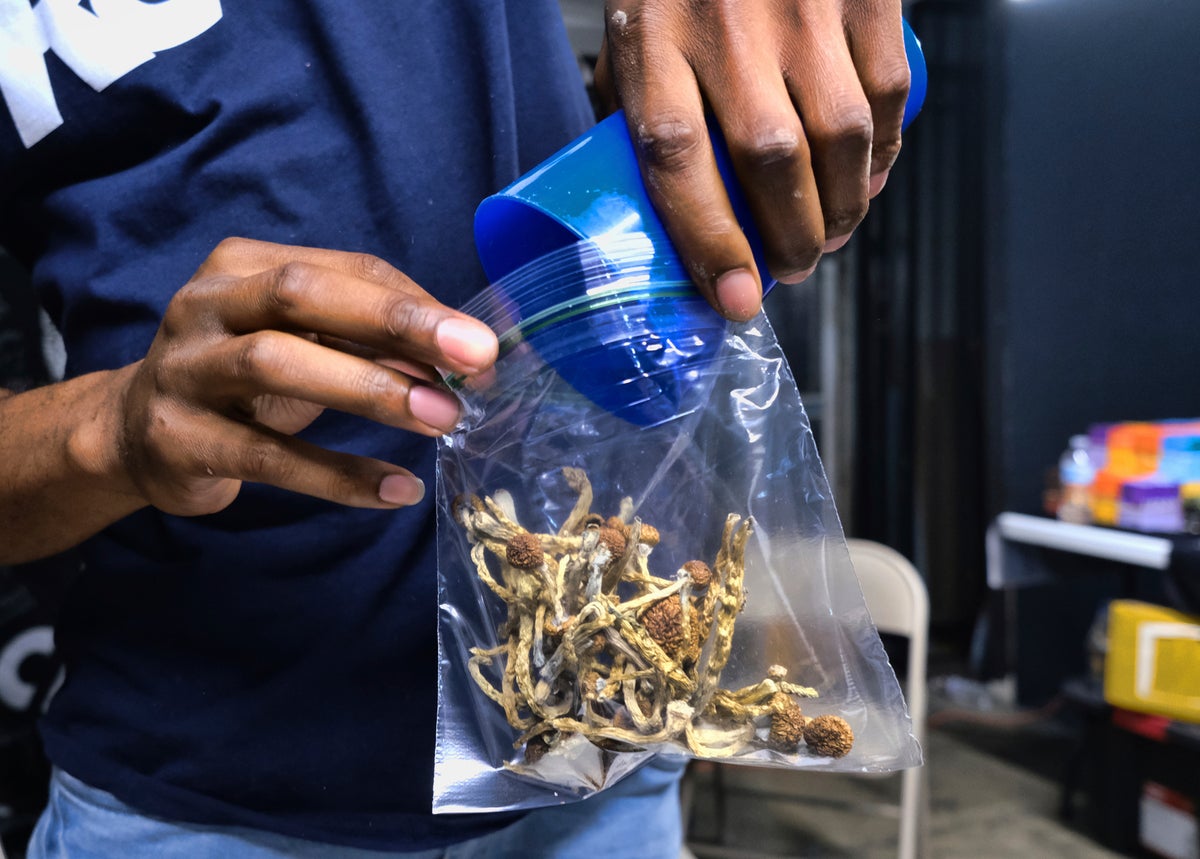
Scientists have found psychedelic drugs LSD and psilocin bind to a specific receptor in the brain to induce antidepressant effects – an advance that may lead to drugs that treat depression without causing hallucinations.
A growing number of studies have in recent years shed light on the potential of psychedelic drugs to relieve depression.
Some of these compounds, like LSD and psilocin, produce effects resembling those of clinically approved antidepressants, researchers have known. But the suspected hallucinogenic properties of these compounds have limited their clinical use.
Until now, both the antidepressant and hallucinogenic effects were thought to be due to the activation of serotonin receptors in the brain.
The results of the new study published on Monday in the journal Nature Neuroscience, however, stated that a mechanism behind the antidepressant-like effects of psychedelic drugs was found to be separate from the way the drugs induced hallucinogenic effects.
The lab study conducted in neurons in a dish by scientists, including Eero Castrén from the University of Helsinki in Finland, found that LSD and psilocin bind strongly to a molecule in the brain called the neurotrophic receptor tyrosine kinase (TrkB).
Researchers had previously found typical antidepressant drugs also bind to and act through the TrkB receptor, albeit much more weakly.
Studies have indicated that binding to the TrkB receptor enhanced the effect of the protein brain-derived neurotrophic factor (BDNF) on this receptor.
This is known to lead to an increase in connections between neurons and hence the growth and development of the brain.
In mice, researchers then found that a single dose of LSD produced a sustained antidepressant-like effect which, while dependent on LSD’s binding to TrkB, was independent of serotonin receptors.
They also found LSD was linked with a head twitch response in mice, considered a sign of hallucinogenic effects.
But this particular effect was found to be dependent on the activation of serotonin receptors – and not on TrkB.
The series of experiments have revealed that psychedelic drugs bind to TrkB much more strongly than common antidepressants.
“Here we show that lysergic acid diethylamide (LSD) and psilocin directly bind to TrkB with affinities 1,000-fold higher than those for other antidepressants,” researchers wrote in the study.
These latest findings could pave the way for the development of new drugs “with fast and long-lasting antidepressant action, but potentially devoid of hallucinogenic-like activity”, they pointed out.







